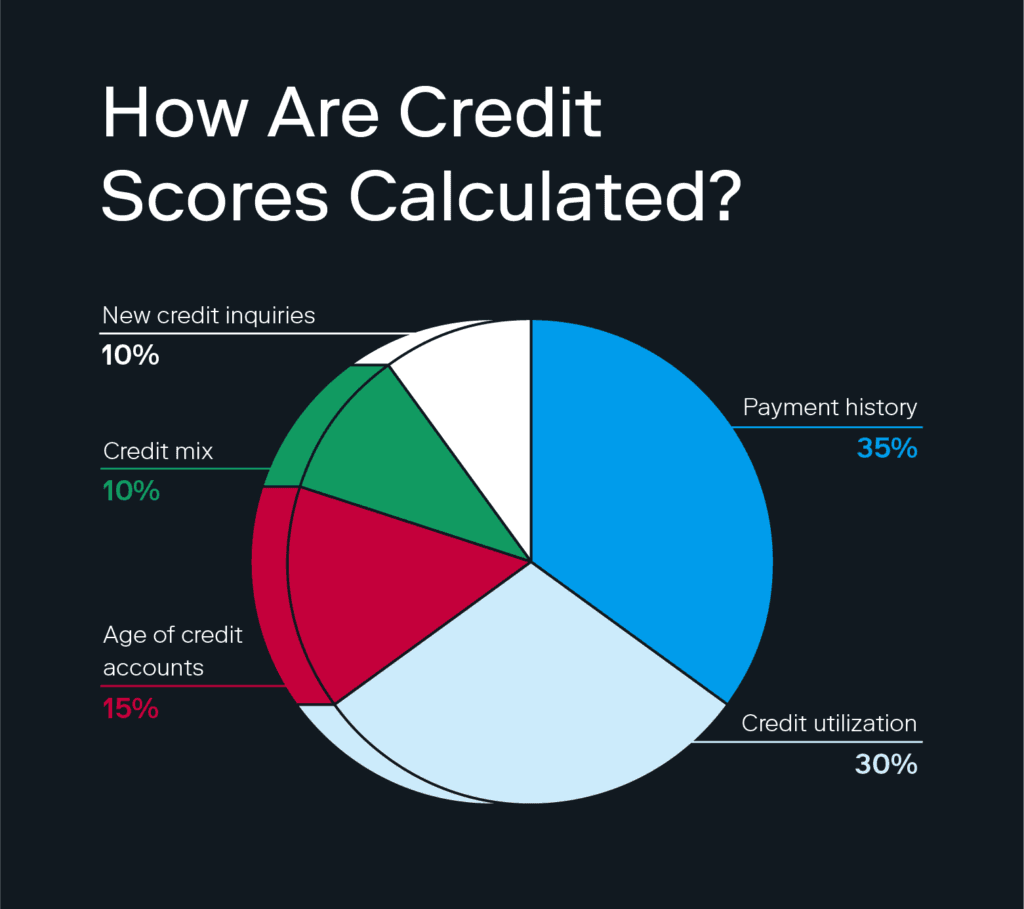May 13, 2022
How Women Can Ask for a Raise
Women tend to ask for less money than men.

When I’m on stage as a standup comedian, I often tell the story of the time I collected all my courage and marched into my boss’s office to ask for a raise.
I didn’t get it.
Because I didn’t even ask for it. I chickened out, dreading the confrontation. Instead, I blabbed incoherently about whether the company actually needed me on staff, and quit.
The follow-up joke I tell audiences is that I’m not actually sure what I’m worth. How do you know? And how can you confidently fight for yourself when you know the most embarrassing things about yourself? For example, how could I possibly ask for six figures when I know I once ate a beetle out of the carpet because I thought it was a Raisinet?
But a recent study by Student Loan Planner shows it’s time for me to get with the program, because the women they surveyed are actually slightly more likely to ask for a raise than men.
Student Loan Planner surveyed men and women with graduate degrees and six-figure student debt, and found that more women than men asked for raises at work, and women got their raises slightly more often: 29 percent of women compared to 25 percent of men.
But here’s the catch: Women were more likely to ask for smaller raises. The majority of women reported that they asked for a raise of $5,000 or less. Men and women leveled out between $5K and $10K, and when it came to asking for raises over $10K, men were more likely to do so.
“We’ve gotten over the hump of asking, but we haven’t gotten over the hump of women asking for more,” Travis Hornsby, founder of Student Loan Planner, said. “Women don’t ask for monster raises.”
This may be part of the reason more women hold student loan debt than men. It also may be one of many factors in the gender pay gap, which Hornsby notes is closing in some areas. Still, he said, more men gravitate toward the private sector, while more women with the same qualifications are risk-averse and seek more stable, but lower-paying jobs. The snowball effect of debt and risk-aversion is one of many complex contributors to the very real pay gap.
Forty-five percent of women and 40 percent of men don’t know what they’re colleagues earn, the survey also found. This can make it harder to ask for an appropriate raise.
“Lack of transparency always benefits the employer,” Hornsby said.
So how can employees find out their peers’ salaries? Hornsby says one way to find out is to ask recruiters, who can help you define a salary range, and tell you if your work is underpaid compared to others in your industry. (They also have a vested interest in information flow—the more you use them, the more they get paid.)
This would have been helpful to me five years ago, when I sat in a different boss’s office as he joked about his lowest-paid employees who made under six figures.
“But I’ve been here six years, and I make under six figures,” I noted.
“You do?” he asked.
“Yes, you set my salary,” I said.
“Huh. Maybe we’ll look into it.”
Turns out, I should have looked into it first. And asked for a $10K raise.

Investing made easy.
Start today with any dollar amount.
Related articles

saving
Nov 06, 2025
The 6 Main Types Of Car Insurance

saving
Apr 10, 2025
Why Does Higher Credit Utilization Decrease Your Credit Score?

saving
Jan 10, 2025
High-Yield Savings Accounts vs. Regular Savings Accounts

saving
Jan 09, 2025
How to Choose the Best High-Yield Savings Account

saving
Nov 14, 2024
Can You Lose Money with a High-Yield Savings Account?

saving
Nov 07, 2024
Best High-Yield Savings Account for Your Emergency Fund
By using this website you agree to our Terms of Use and Privacy Policy. To begin investing on Stash, you must be approved from an account verification perspective and open a brokerage account.
